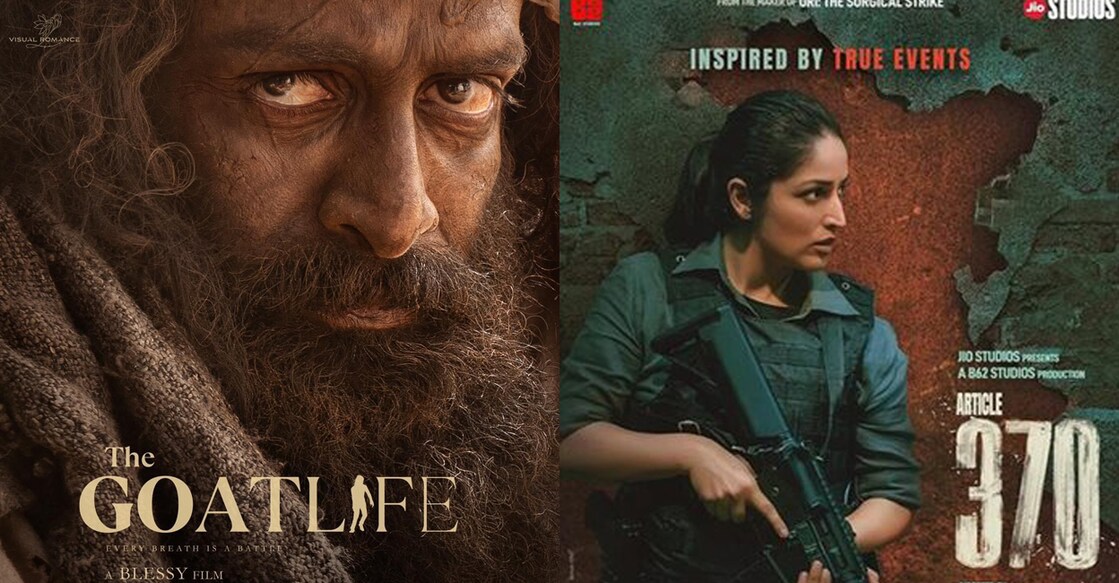IFFI 2024: 15 international, national titles including ‘The Goat Life’, ‘Article 370’ to compete for Golden Peacock

Mail This Article
The forthcoming International Film Festival of India (IFFI) will feature 15 films competing for the prestigious Golden Peacock award. This line-up includes 12 international films and 3 Indian entries, each selected for its distinctive perspective, voice, and artistic flair. Showcasing the best of global and Indian cinema, these films bring fresh insights into human values, culture, and the art of storytelling.
The selection includes diverse titles such as ‘Fear & Trembling’ from Iran, ‘Gulizar’ from Turkey, ‘Holy Cow’ from France, ‘I am Nevenka’ from Spain, ‘Panopticon’ from the USA, ‘Pierce’ from Singapore, ‘Red Path’ from Tunisia, ‘Shepherds’, a joint production from Canada and France, ‘The New Year That Never Came’ from Romania, ‘Toxic’ from Lithuania, ‘Waves’ from the Czech Republic, and ‘Who Do I Belong To’, a co-production between Tunisia and Canada. Indian films in the competition include ‘The Goat Life’, ‘Article 370’, and ‘Raavsaheb’.
This year’s Golden Peacock Jury, led by celebrated Indian filmmaker Ashutosh Gowariker, includes Singaporean director Anthony Chen, British-American producer Elizabeth Karlsen, Spanish producer Fran Borgia, and acclaimed Australian film editor Jill Bilcock. The jury will decide winners in categories such as Best Film, Best Director, Best Actor (Male), Best Actor (Female), and the Special Jury Prize. The top-winning film will receive a cash prize of Rs. 40 lacs along with one of the festival's highest honours.
The 55th edition of IFFI promises a compelling array of themes and genres, with films that explore new territories, challenge perspectives, and elevate emerging voices. The festival will take place in Goa from November 20 to November 28.
(With IANS inputs)

